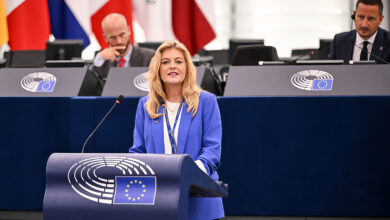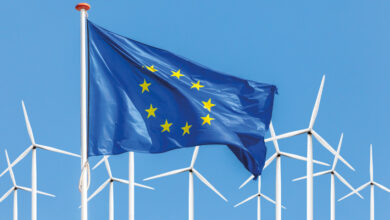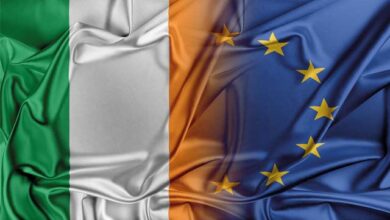Brexit and the implications for Irish agriculture
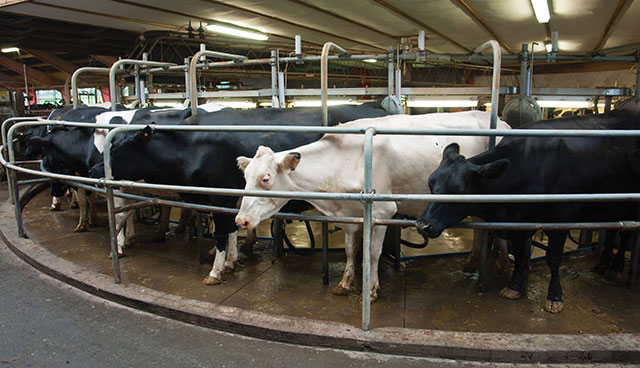
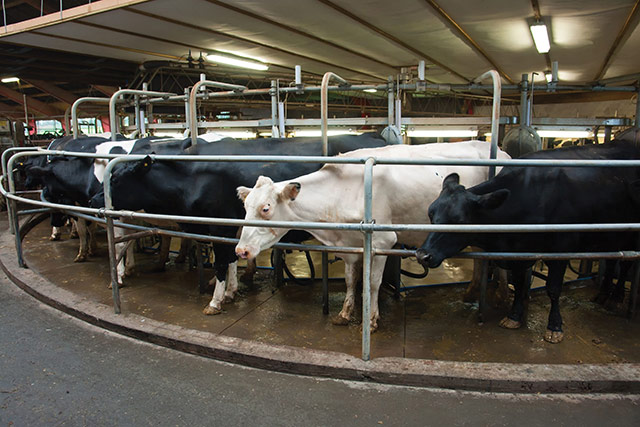
The status quo of the agri-food sector on both sides of the Irish border will undoubtedly change over the coming years. eolas’s Richard Halleron of gauges some of the feeling within the sector.
IFA President Joe Healy, while expressing disappointment at the outcome of the UK referendum, has emphasised the need for the Irish Government to immediately take decisive steps to allay the concerns in farming and the agri-food sector about the implications of this vote. “The outcome of the UK vote has major implications for Irish agriculture and the agri-food sector. The Government must give a clear signal that the issues of major importance to this sector, our trading relationship with the UK and Northern Ireland and the EU budget, will be central to the EU-UK negotiations. Minimising uncertainty and setting out a clear strategy on the next steps is a priority,” he said.
Healy added: “The 10-year average price differential for beef between Ireland and Britain is 27c/kg or about €100/head, and not the €300 per head seen in recent years. Sterling will stabilise and processors and other purchasers cannot be allowed take advantage of this short-term uncertainty by pulling prices. Processors should seek to stabilise the situation by increasing the price they are charging for Irish agri-food exports to UK purchasers.”
Healy said IFA will be putting agriculture and agri-food issues to the top of the political agenda when the negotiations open. The top two issues are:
- Minimisation of any barriers to trade – no tariffs, continuation of free movement (or as free as possible) of agricultural produce between Ireland and the UK, particularly between Ireland and Northern Ireland;
- Early agreement and certainty on the EU and CAP Budget up until 2020 must be a priority.
Other issues that will be of importance in negotiations:
- Agreement on straightforward taxation rules for the supply of goods and services between the UK and EU e.g. VAT on input supplies);
- Animal health – maintenance of coherent and comparable standards;
- Specific attention and provision to be made for cross-border farmers who will be uniquely affected by this change.
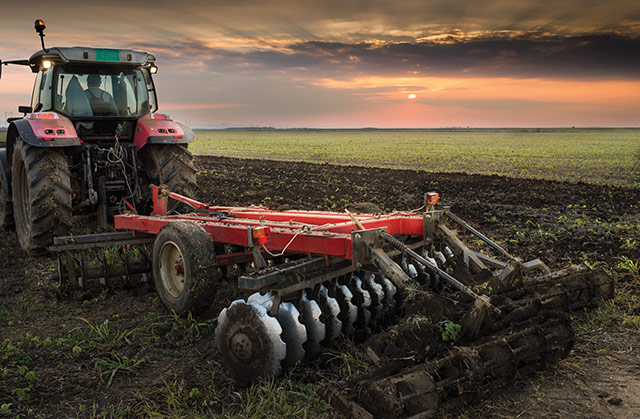
The EU average tariff on agricultural products is 14.6 per cent for WTO countries (i.e. countries who do not have a special bilateral trade agreement with the EU). This would be the likely starting point for negotiations, although a bilateral trade deal between the UK and EU will be a priority for all stakeholders involved. The IFA position would be to seek to have no tariffs or the very minimum applied.
Meanwhile, Agriculture Minister Michael Creed TD, chaired a special meeting of the Food Wise High Level Implementation Committee to discuss Brexit and its implications for the agri-food sector at the end of June. The meeting was attended by the CEOs and senior officials from Enterprise Ireland, Bord Bia, Teagasc and Bord Iascaigh Mhara, as well as senior officials from the Departments of Agriculture Food and the Marine, Jobs, Enterprise and Innovation and Public Expenditure and Reform.
Minister Creed outlined the need for a coordinated approach following the UK vote to leave the European Union. Speaking after the meeting, he said: “We are all familiar with the particular dependence of the agri-food sector on the UK market. The most immediate concern for our agri-food exporters is exchange rate volatility and it is important that we have a coherent and joined-up approach to managing those immediate pressures. I am pleased that the state agencies are being proactive in their advice and supports. Of course, it will be some time before we can be clear about the extent and nature of any long-term impact and it is important that we retain perspective and do not exaggerate the potential implications, which at this point are unknown.”
It was agreed at this meeting that a contact group be established with representatives from the various agencies and the Department of Agriculture, Food and the Marine. This group will meet regularly to monitor the situation and will work collaboratively, sharing information, to ensure a coherent response to any issues arising. This is in addition to the consultative committee of stakeholders announced by the Minister last week. The Minister has also established a dedicated unit within the Department to deal with any issues that arise in the context of negotiations.
The decision of the UK to leave the European Union will have serious implications for all sectors of the Irish economy including the agri-food sector and the Minister for Agriculture, Food and Marine, along with his relevant Cabinet colleagues, needs to put a clear plan in place to address the many issues that are likely to arise when the Brexit is finally negotiated with the EU, according to John Comer, President of ICMSA. He added that ICMSA is satisfied that the Department has identified all the issues from farm to processor to trading level that are likely to arise from a Brexit.
“In the context of €5 billion in food exports to the UK, we need clear and agreed plans. It is important to emphasise that it will be at least two years before any of these issues become a reality, including any possible implications for farmer payments.
We need to be planning at this stage to ensure a smooth transition and, to this end, ICMSA believes that the Minister for Agriculture, Food and Marine should establish a co-ordinating group of Department officials and industry stakeholders so that clear plans and strategies are identified and agreed at an early stage,” said Comer.
“In the short term, the implications are likely to focus on exchange rate movements.” The ICMSA President said that both the Irish Government and the EU must understand that farmers cannot be expected to pay for any negative currency movements arising from the Brexit vote. “The reality is that, in the past, food processors have simply passed back the impact of negative exchange rate movements and we now need to see our Farm Council take measures to protect farmers rather than food processors who have well insulated themselves in the past. Farmers are already in a prolonged income crisis and cannot be expected to take additional punishment.
“Brexit will have practical implications at farm level, particularly for farmers in border regions, for processors in terms of trade to the UK and also transit of products to continental Europe. It is essential that as Brexit negotiations begin and develop that access to the UK market is retained on the basis of current conditions and that Ireland’s dependence on the UK market is recognised and addressed. Irish farmers have a long history of trading with the UK and I have no doubt that this will continue into the future provided the UK and EU regulators maintain the proper trading environment for it to continue,” concluded Comer.
Commenting on the Brexit vote Irish Cattle and Sheep Farmers Association (ICSA) President Patrick Kent said that Europe needs to reflect very carefully on what happens next and why it is that the EU has failed to win the hearts of so many voters in the UK. “There is no point in blaming Brexit on xenophobia; the reality is that many factors have come into play. The EU needs to reflect carefully on why the European project is out of step with so many citizens,” he said.
“The Irish government can play a vital role as a broker between the EU and the UK to help ensure that the Single Market continues to include the UK, given the huge and unique dependence of Ireland on exports to the UK.
“Our government needs to take a strong line with the EU Commission on the need to ensure that this decision does not create chaos for Irish agriculture. CAP supports are going to be more vital than ever and increasing the CAP budget needs to be considered, regardless of the loss of the UK net contribution. The negotiating strategy for TTIP and Mercosur trade deals needs a total reappraisal and probably now needs to take a back seat to getting the terms of trade with the UK right.
“One thing is clear, the EU must draw back from any knee jerk inclination to punish the UK. The process now needs to be managed on a cordial and consensual basis and retaining the trade levels between the UK and the EU must be paramount. This means that tariff barriers should not be considered.”

